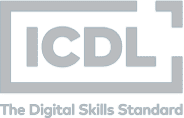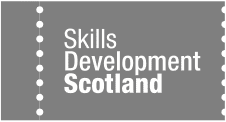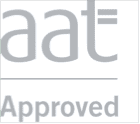What are your learning priorities? Do you even consider learning to be a priority? With so many initiatives and campaigns around the importance of us all continuing to learn and educate ourselves and develop skills, not only in our careers, but also in our everyday lives, it’s disheartening to think that many of us are not prioritising learning and education as an important element to our personal and professional growth.
We value the importance of learning and education throughout childhood – the need for the skills and knowledge we learn to help us get our first jobs and get on the career ladder, but to think childhood and the beginning of adulthood is where learning and education starts and stops, is an inhibiting and detrimental outlook, to say the least.

How can it be acceptable for us to learn and use our education to get our first jobs, but 5, 10, 15 years down the line, still think our skills, knowledge and expertise are on par? Of course we are constantly taking in information in our everyday lives, and learning new skills on a daily basis – many forced to learn skills on the job, as they go along, with no formal training. This aspect of ‘learning’ new skills is becoming more and more popular in industry, but it’s incredibly important for learning and education to be more strategically considered, instead of simply reactive to the workplace.
With the ‘Festival of Learning’; a campaign which aims to highlight opportunities for anyone and everyone to learn something new, and discover how learning can change their life, running (1st May – 30th June), there couldn’t be a better time to look in to ways you can develop your personal and/or professional life, and ultimately improve your general happiness and wellbeing, by learning new skills or enhancing existing ones.
Did you know, this week (18th – 24th May) is ‘Learning at Work Week’? A campaign which engages employers and employees in the benefits of learning, and raises awareness’s of all the opportunities which are available to continue learning all year round.
Think about the learning and training opportunities which are currently available to you, and where you place learning and education in your list of daily, weekly, yearly priorities. Think about what you would like to learn, or what skills you’d like to develop or enhance, and for what reason – are you looking for a promotion, a change in career? Look in to what you want to learn, and by what means, and then take action.
Does your employer offer sufficient in-house training? Are there opportunities to undertake learning/vocational training externally? If you’re unsure, speak to your manager to see what learning opportunities are available for your professional growth. If you prioritise your own learning and development highly, then your employer is likely to do the same. Put yourself in the shoes of your manager – are you more likely to consider looking in to training and investing in an employee who is passionate about learning and developing their skills and expertise to evolve and be more efficient in their role? Or an employee who is lacklustre and doesn’t really prioritise their learning and development, or consider it to be of any relevance or importance?
Once it is clear in your mind how important learning and education is to you, it will become clear to others, and is likely to compute as a priority for them also. So, let’s get the learning ball rolling.
Image via: pjmcclure.com


















